Are you feeling overwhelmed by debt and unsure of where to turn for help? You're not aloneâmany individuals find themselves in similar financial situations and discover the benefits of credit counseling services. These professionals can provide valuable guidance and support, helping you devise a plan to regain control of your finances. If you're curious to learn more about how credit counseling can transform your financial future, keep reading!

Personal Information
Credit counseling services assist individuals in managing their debt and improving their financial literacy. Personal information typically includes details such as full legal name, date of birth, social security number, and contact information like phone number and email address. Additionally, a listing of current debts, including credit card balances, loans, and any other financial obligations, is essential for accurate assessment. Important documents might include income statements, recent bank statements, and credit reports to provide a comprehensive overview of an individual's financial situation. These details enable counselors to offer tailored advice and create effective debt repayment strategies.
Purpose of Request
Credit counseling services can provide valuable assistance to individuals struggling with debt management and financial planning. These services aim to educate clients about budgeting, relief from creditors, and establishing repayment plans. Many organizations, such as the National Foundation for Credit Counseling (NFCC), offer certified counselors trained to help clients navigate their unique situations. In 2022, roughly 5 million Americans sought credit counseling services to regain financial control, reflecting the impact of economic challenges. Clients often receive personalized plans focused on reducing debt, improving credit scores, and fostering sustainable financial habits for the future. Engaging in credit counseling may also mitigate the long-term repercussions associated with unpaid debts, such as bankruptcy filing or wage garnishment, ultimately leading to financial stability.
Financial Situation Details
Initiating a credit counseling service request entails providing an in-depth overview of an individual's financial situation. Essential details include total monthly income, which consists of wages, social security benefits, and any supplemental income sources, often cited in specific dollar amounts, such as $3,500. An overview of monthly expenses is crucial, encompassing fixed costs like rent or mortgage payments, typically ranging from $1,200 to $2,500, variable expenses such as groceries and utilities, potentially totaling around $600, and debt obligations, including credit card payments averaging $300, along with personal loans or auto loans. An itemized list of outstanding debts, including amounts owed to creditors, such as national banks or local credit unions, is necessary for establishing total debt load, which might exceed $20,000. Detailed insights into assets, like savings accounts, retirement funds, and property values, including estimated amounts might assist in crafting a complete financial picture. This comprehensive enumeration equips credit counselors to tailor manageable debt relief and budgeting strategies, ultimately leading to improved financial stability and well-being.
Desired Outcomes
Credit counseling services aim to provide individuals with personalized financial guidance to achieve desired outcomes related to debt management and financial stability. This service often includes creating tailored budget plans that align with monthly income amounts and essential expenses, typically taking place during consultations in designated offices or via online platforms. Participants may also seek assistance in negotiating lower interest rates on existing debts, potentially reducing the overall amount owed by significant percentages. Additionally, accomplishing financial literacy through education workshops enhances understanding of credit scores, empowerment in managing personal finances, and improving saving habits. The ultimate goal includes achieving a debt-free status within a specified timeframe, often set at three to five years, establishing a solid foundation for future financial well-being.
Contact Information
The Growing Financial Literacy organization offers a range of credit counseling services aimed at helping individuals improve their financial well-being. Established in 2010, this non-profit provides personalized counseling sessions to educate clients about budgeting techniques and debt management strategies. With a dedicated team of certified professionals, customers can access resources including free financial workshops and online tools to track progress. The organization serves clients nationwide, with a particular focus on underserved communities, offering bilingual services to accommodate diverse populations. Appointments can be scheduled through their extensive hotline, ensuring assistance is available during flexible hours for those in need of financial guidance.


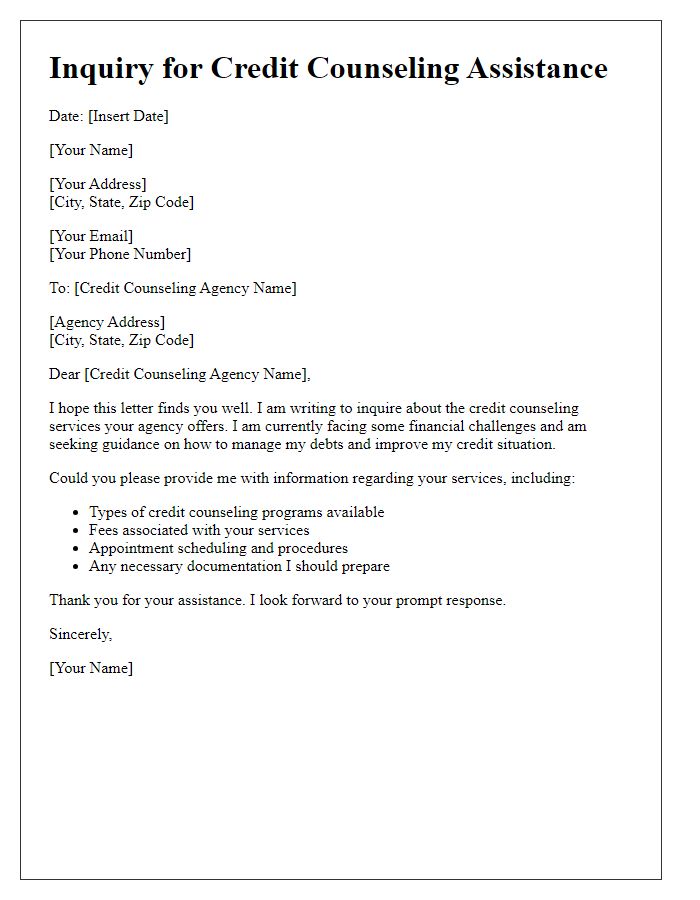

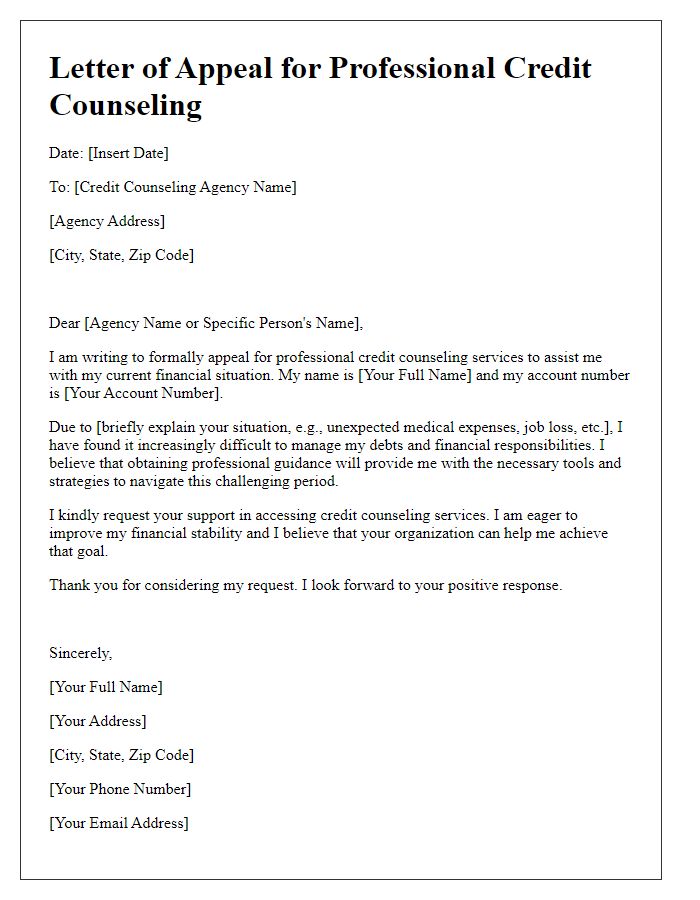
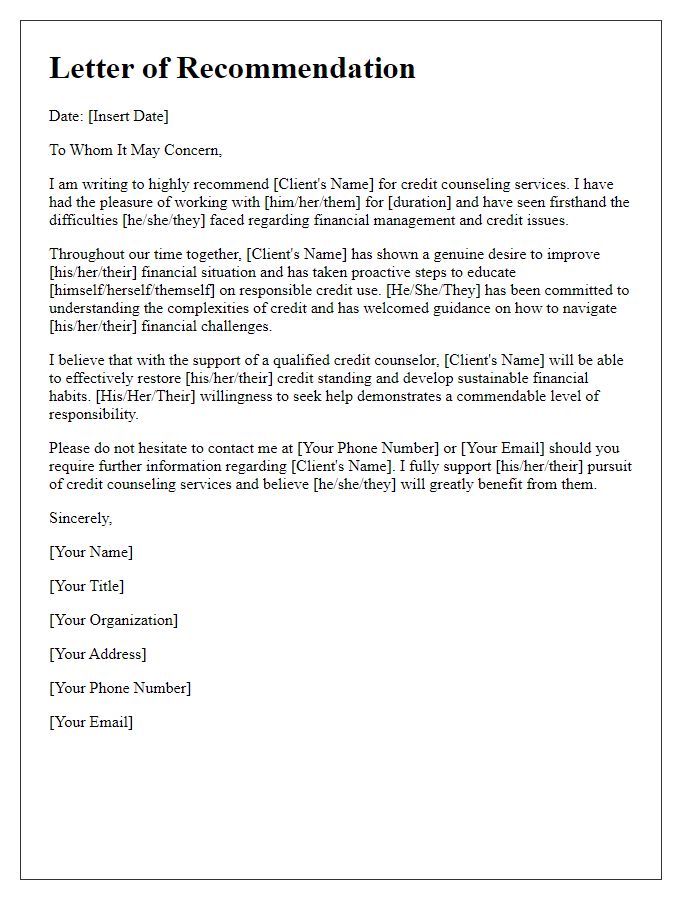
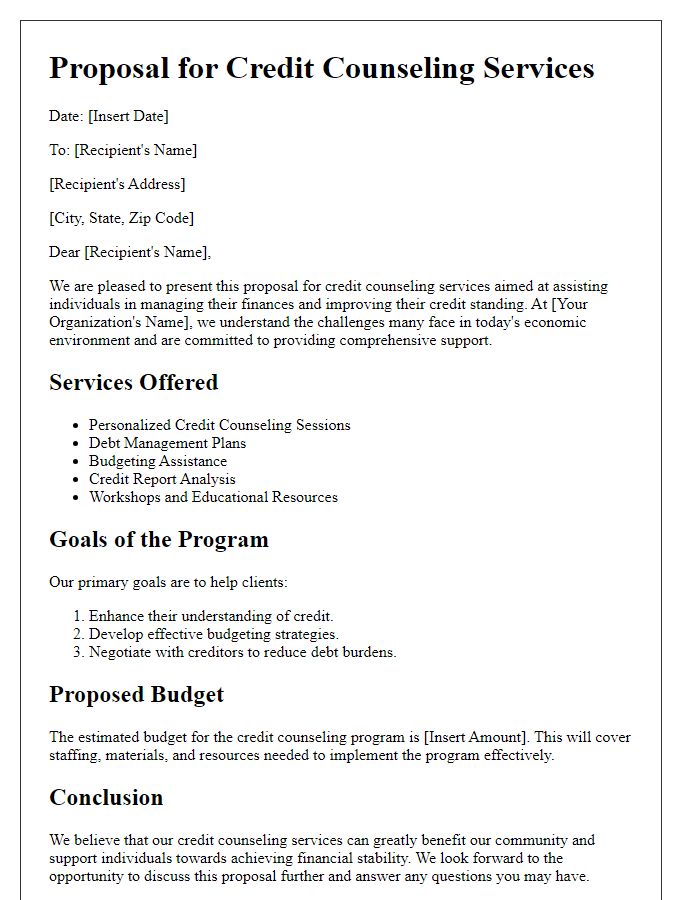


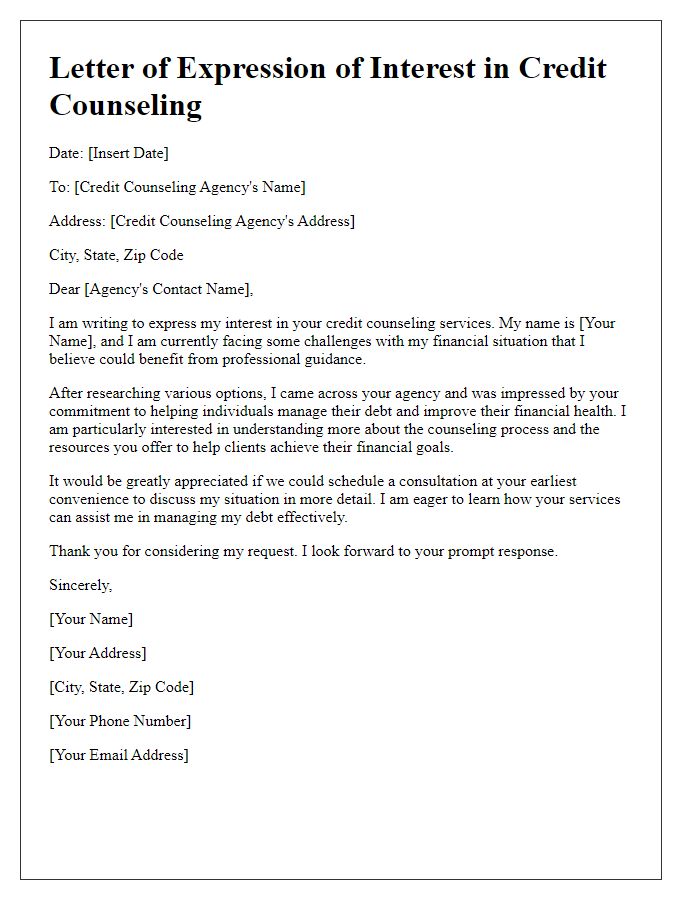



Comments